You ask the same question every day after school (What did you do at school today?) and you get the same answer every day (nothing, school stuff, I don’t know, etc…). You know they did something at school. They were gone for seven or eight hours. How could they have done “nothing” or not remember what they did?!?!?!
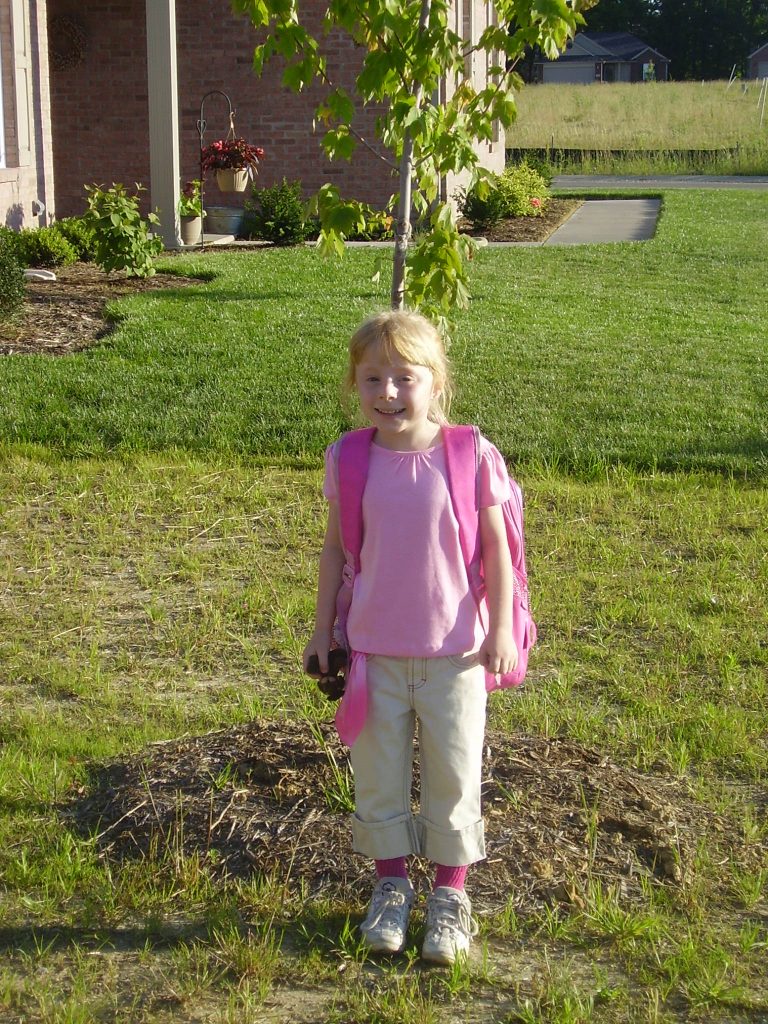
Part of communicating with kids (or with anyone for that matter) is learning to ask the right questions. When you are trying to start a conversation with someone being able to ask questions that are direct and easy to answer often gets this process going much quicker and easier.
Here are six examples of questions/conversation starters to ask your children instead of the dreaded “What did you do at school today?”

1—What did you like most about school today?
When you ask your child what he or she liked about today you are learning about your child, as well as learning about what your child did at school today (and answering the dreaded what did you do at school today question). This type of question gives insight into how the child’s day went and what your child really likes in life. Maybe the answer is something as simple as coloring and maybe the answer is something a little more insightful, such as Tommy did not make fun of me today.
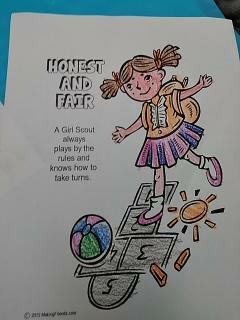

2—What did you not like about school today?
This type of question also gives you some insight into what your child likes and doesn’t like about school. You are able to learn about your child and your child’s day at school. Even if the answer to “What did you not like about school today?” is nothing or I liked everything, that gives you good information!
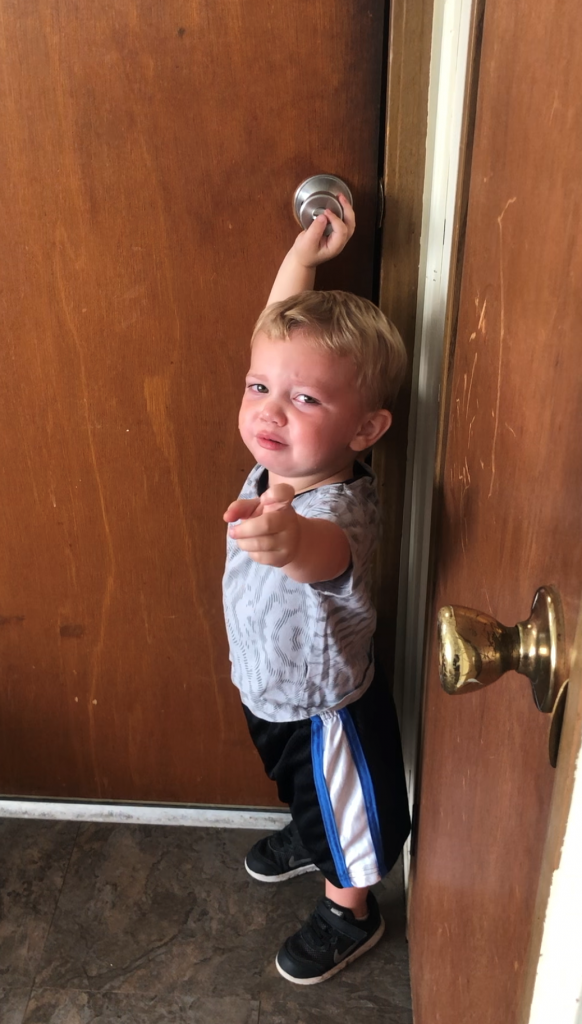

3— Who did you sit with at lunch?
This is hopefully an easy question to answer because it is very straight forward. Also, assuming the teacher does not assign students where to sit at lunchtime, this type of question gives you some insight into your child’s social strengths and weaknesses, as well as to the relationships and friendships your child has at school.
Does your child sit with the same people each day or different people? Why does your child sit with the same people or different people? Does he sit with the same people because they are his closest friends or because they simply don’t make fun of him? Does she still with different people each day because she is sociable and loves to make new friends or because she does not have good friends to sit with each day? Do you know if your child sits alone at lunchtime? Again, all of this is good information to have.
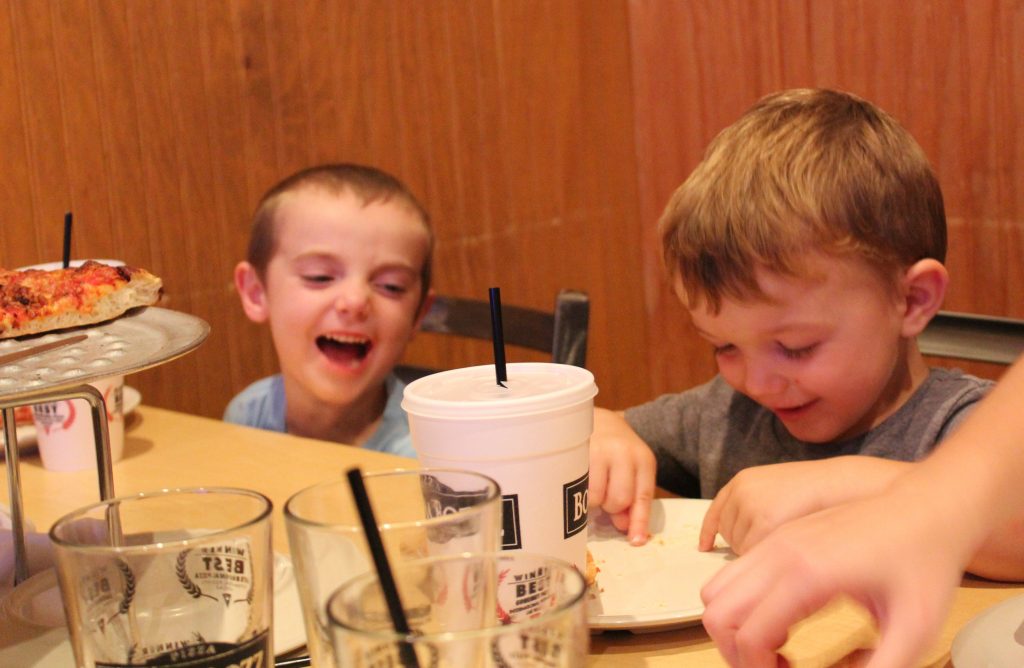

4— Who did you play with at recess?
This question gives you similar information to the one above (Who did you sit with at lunch today?) and is also a straightforward, easy-to-answer question. However, it gives you the added bonus of seeing if your child plays with the same people at lunch as she or he sat with at lunch.
If they are the same people, it is assumed that is because he or she has good friends to spend time with. If they are different people is it due to social difficulties or due to your child simply having different groups of friends he or she enjoys spending time with. Does your child play alone at recess? This could be due to social difficulties or simply due to having an independent child that likes to do what he likes to do and choosing to play what he wants rather than go along with the crowd.
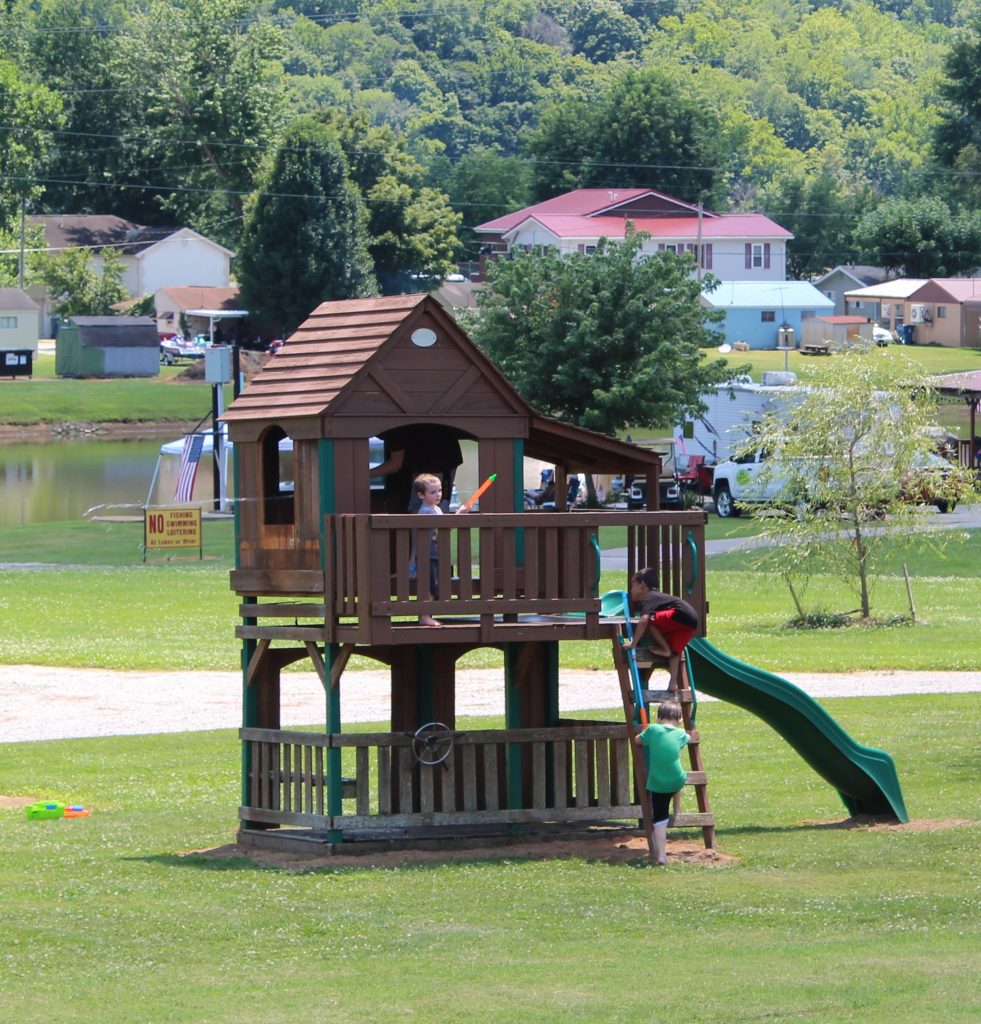

5— What did you play at recess?
“What did you play at recess?” gives you insight into what your child enjoys doing, as well as possible social strengths and weaknesses. Does your child choose to play alone or with peers? What games or activities does your child choose to do at recess? Are they the same activities each day or does your child choose to do different activities each day?
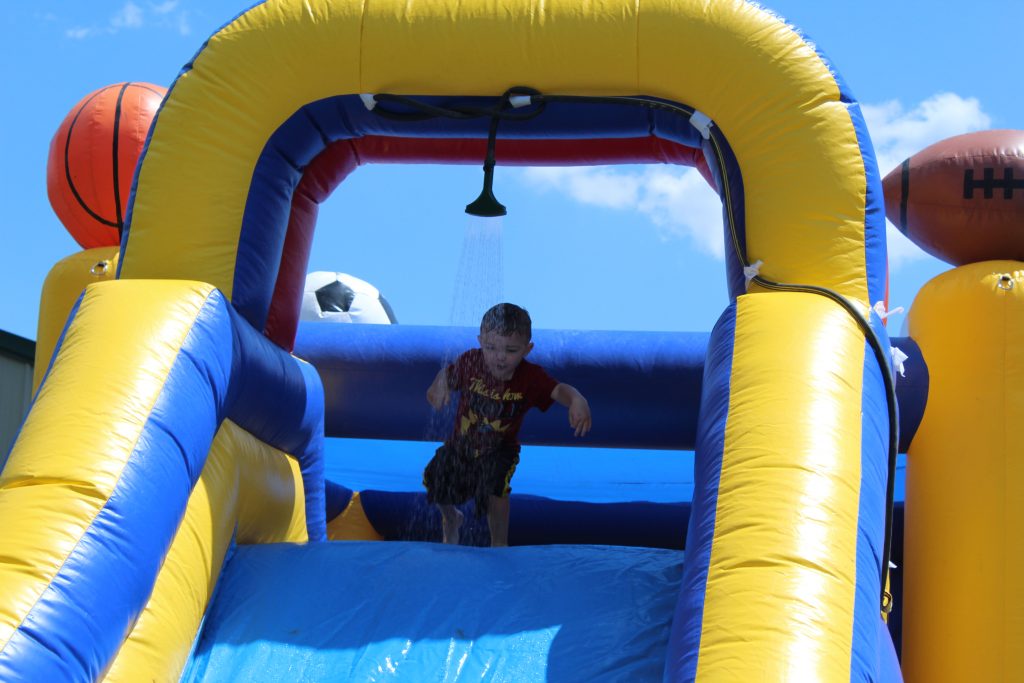

6—What did your best friend do today at school?
This question is best for elementary school children because it often tells you about what your child did today and gives you knowledge about what type of people your child is choosing to spend time with at school. Does your child often discuss her best friend being in trouble with the teacher or helping the teacher? Does your child talk about his best friend being nice to others or bullying others?
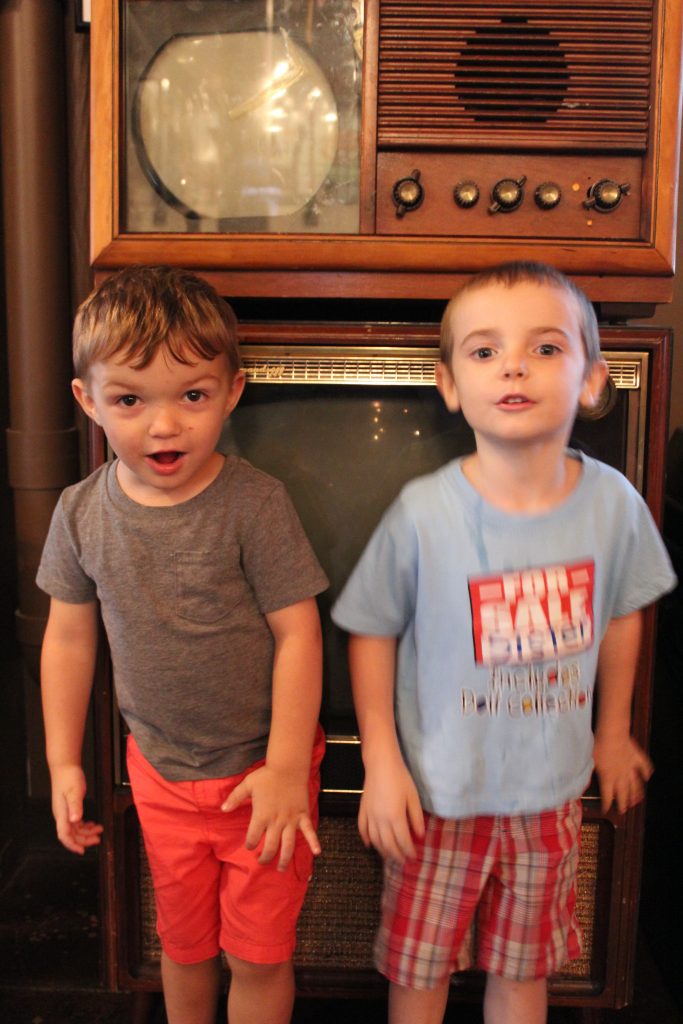

Why Should You Try This?
The purpose of these types of questions is to get a conversation going with your child and to learn more about your child. These types of questions are more specific questions that ask for specific information, rather than the more generalized “what did you do at school today.”
It’s easier for children to answer more direct questions, especially when they are younger, and it opens that door to communication that will, hopefully, last a lifetime.
This type of communication shows your children you have an interest in their lives and that you care about them and their day. It is also a good way to build a good relationship with open communication with your children so they can feel comfortable talking to you about important matters in the future.

For more tips on communication skills, check out our Communication is Key post and additional information about how to communicate better with your children!


Check out more great parenting tips:

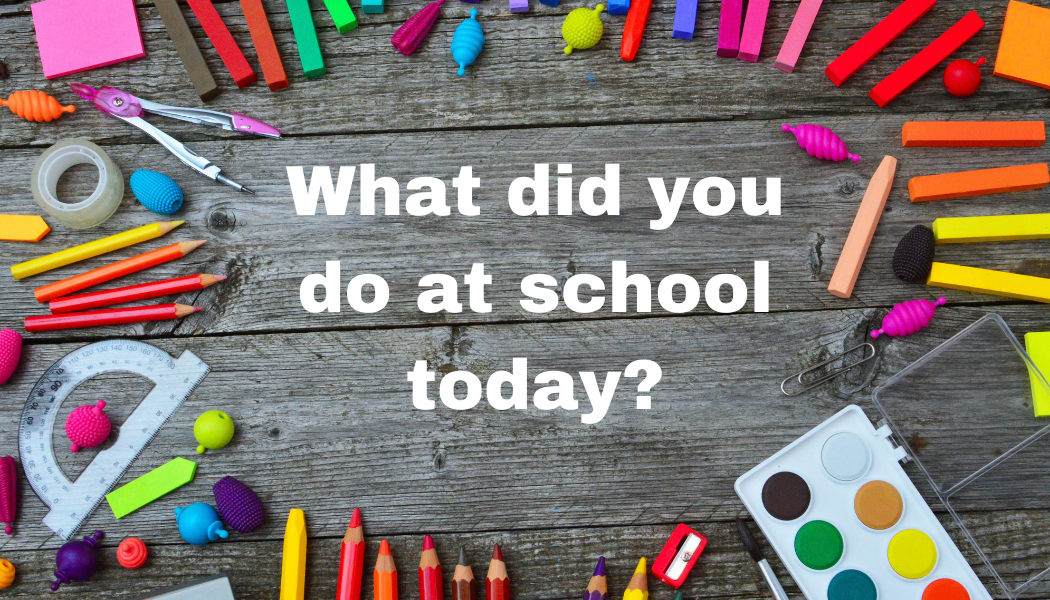

These are great questions. Thankfully my son is at an age (11) where he likes to talk about things that happened at school but it hasn’t always been that way. I use to get generic answers like “fine” and “nothing”.